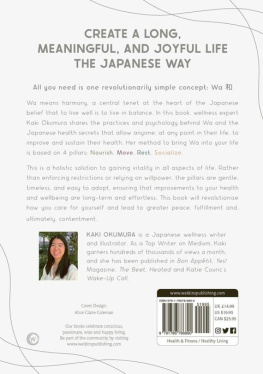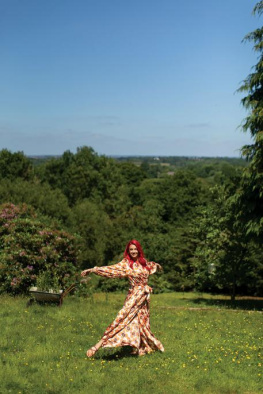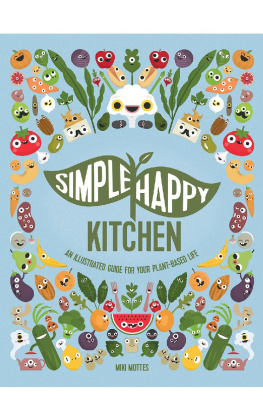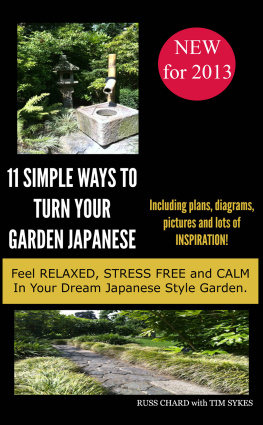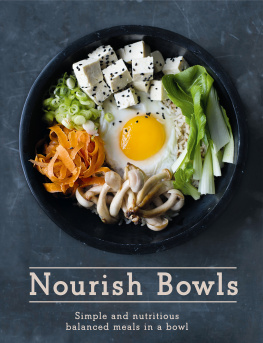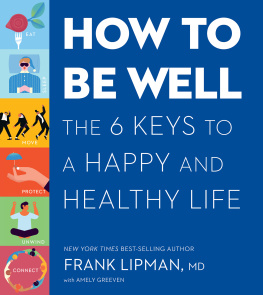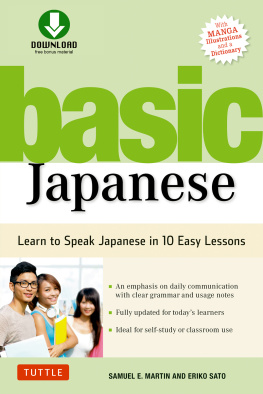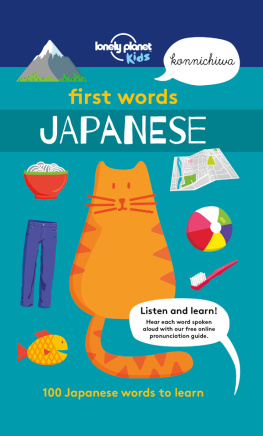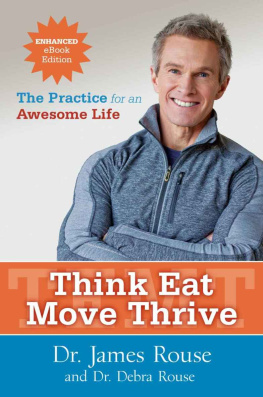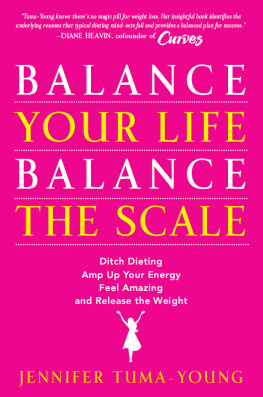

WA The Art of Balance
Kaki Okumura
First published in the UK and USA in 2023 by
Watkins, an imprint of Watkins Media Limited
Unit 11, Shepperton House, 8393 Shepperton Road
London N1 3DF
Design and typography copyright Watkins Media Limited 2023
Text and illustrations copyright Kaki Okumura 2023
The right of Kaki Okumura to be identified as the Author of this text has been asserted in accordance with the Copyright, Designs and Patents Act of 1988.
All rights reserved. No part of this book may be reproduced in any form or by any electronic or mechanical means, including information storage and retrieval systems, without permission in writing from the publisher, except by a reviewer who may quote brief passages in a review.
Commissioning Editor: Ella Chappell
Assistant Editor: Brittany Willis
Head of Design: Karen Smith
Interior Designer: Kieryn Tyler
Cover Designer: Alice Claire Coleman
Production: Uzma Taj
A CIP record for this book is available from the British Library
ISBN: 978-1-78678-689-0 (Hardback)
ISBN: 978-1-78678-690-6 (eBook)
10 9 8 7 6 5 4 3 2 1
Printed in China
www.watkinspublishing.com
d_r0
CONTENTS
INTRODUCTION:
WHAT YOU WILL GAIN FROM THIS BOOK
How can we live healthfully? Its a seemingly simple question with a simple answer, but its a question that many of us have struggled with. On the surface, most people will give you the generic answer: eat plenty of fresh fruits and vegetables, and exercise regularly. This is not new information, and while we recognize it as timeless and true, its hardly helpful because it doesnt recognize people as complete and nuanced individuals. When it comes to health, we cant just follow the math we also need to be empathetic about what makes us human.
An approach to our health that is empathetic of our humanness is not just the easier way, it is also an approach that is much more successful than one that is driven by forceful willpower. For our health is not just something we can invest in for one month, six months, or a full year and then forget it is something that we need to be able to sustain for the rest of our lives. Day in and day out, we engage with our health every day.
Its curious because when we think about the meaning we want to derive from our own life, many of us spend a lot of time thinking about our careers. We ask questions like, what is my dream job? What kind of career and position will grant me freedom and fulfillment? How can I find this while still making a living that can sustain my lifestyle? We consider our values, our hobbies, our favorite luxuries, and our family.
We can clock out of a job, but we cant clock out of our health.
We ask these questions because we understand that we will spend almost half of our waking life working and so we might as well find something we enjoy, rather than suffer through the first job that crosses our path. We see that salary is not the only thing we should consider, but we think about our working style, culture fit, and how our career will impact not just the bottom line but multiple facets of our life. A dream job at one point in our life is not a dream job at another, and so we also see the value in revisiting these questions and checking in with what will truly make our life fulfilling.
Yet as a society, we tend to forget to afford this same level of consideration to our health. We dont ask the same questions or revisit them with the same frequency and level of reflection as we do our career, but our health is just as impactful, if not more. Our physical and mental health affects every facet of our life we can clock out of a job, but we cant clock out of our health.
Like an unfulfilling job, a way of taking care of our health that is driven by willpower will eventually burn us out and make us want to quit. But a lifestyle that is intentional, one that is directed by our values and joys, is one that we can and will want to sustain for the rest of our lives. It means being able to enjoy cake to celebrate birthdays, eat local foods when we travel, spend time with our friends, and do whatever it is that brings us fulfillment and meaning in this life, without having to worry about our health all of the time. Sustainable health is a way of living that makes us feel confident, joyful, and spirited. We deserve at least that, and so lets afford the same level of intention to this crucial aspect of our lives.
Understanding how to take care of my health is not something that has always come naturally to me. I was overweight as a child, and carried that identity with me throughout my formative and most vulnerable years. When were young, an idea of health that is purely directed by looks or weight can be an especially difficult narrative to shake.
It may be helpful to share a bit about myself: I am Japanese but was born in the United States and spent my childhood years growing up in Dallas and New York, and because of this, I was raised with American sensibilities when it came to health. I saw things as go big or go home, and that to embark on a healthy lifestyle change was one that necessitated an extreme makeover or to completely change my life somehow. I saw it as a process that required grit, perseverance, and hard work. I measured it in terms of the number of calories I consumed and burned, and the number on the scale at the end of the week.
At one point I felt like I had tried everything within my power, and because I was easily impressionable and desperate to change, I had pushed myself to go to extreme lengths and ended up on the other end of the spectrum in weight but still found myself just as unhappy and stressed about my health. Would taking care of my health always have to feel so difficult?
This perspective changed when I moved to Japan. I saw and experienced how people did not see health as a list of things they should or shouldnt do, but that living healthily was a balancing act. It didnt require extreme intervention or change, and most importantly I was able to find an approach that aligned my health with my values it was a way of living healthfully that wasnt governed by restriction or willpower but was rather rooted in freedom and intuition.
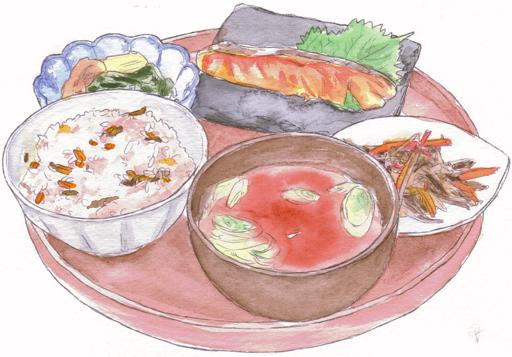
In this book I wont lecture on the importance of eating vegetables or regularly moving your body, and how it is good for our health and wellbeing. I will instead assume that these are recognized truths and offer a way to incorporate it into our modern lifestyle in a way that anybody can adopt. No matter where you are in your health goals, whether this is your first or twentieth attempt to approach your health differently, the advice is meant to be adaptable to any lifestyle, at any age, to any person. I hope you find it surprisingly effortless.
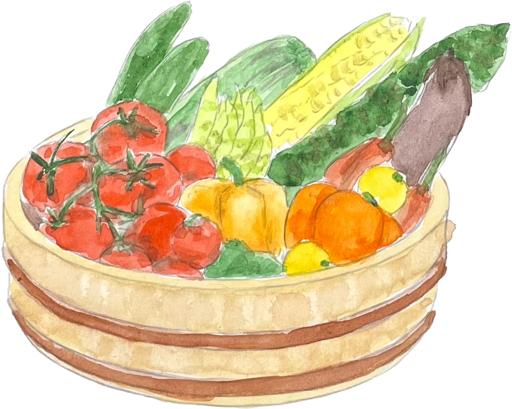
In an approach that puts human empathy at the forefront is the implied understanding that our health and wellbeing is not just our physical health but is also closely related to our mental health. In fact, these two components work in both directions when we take care of our physical health we find that our mental health benefits, and when we take care of our mental health we find that our physical health also improves. The reverse can also be true, that when we are in poor physical shape our mental health struggles, and that when our mental health is not great, our physical health can also suffer. Theyre so closely interrelated that we cannot think about one without considering the other.
Next page
